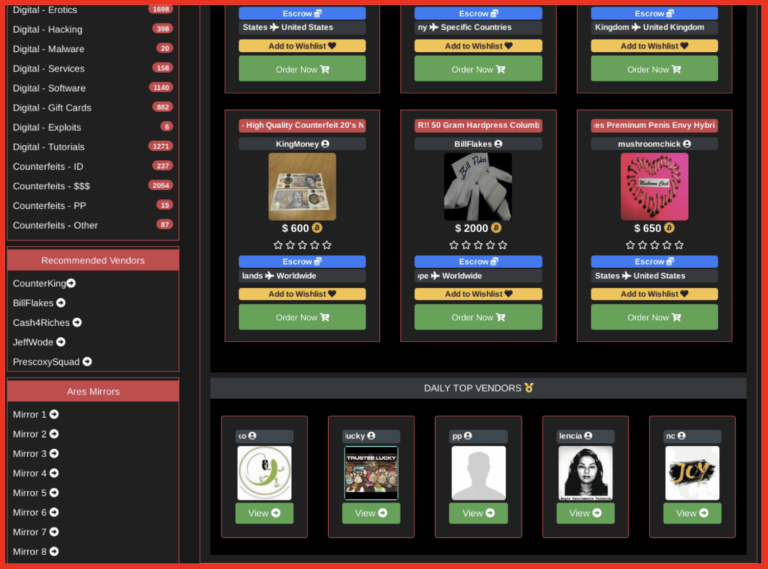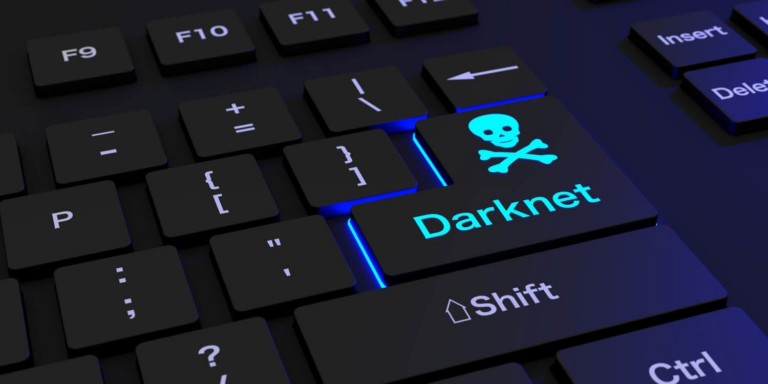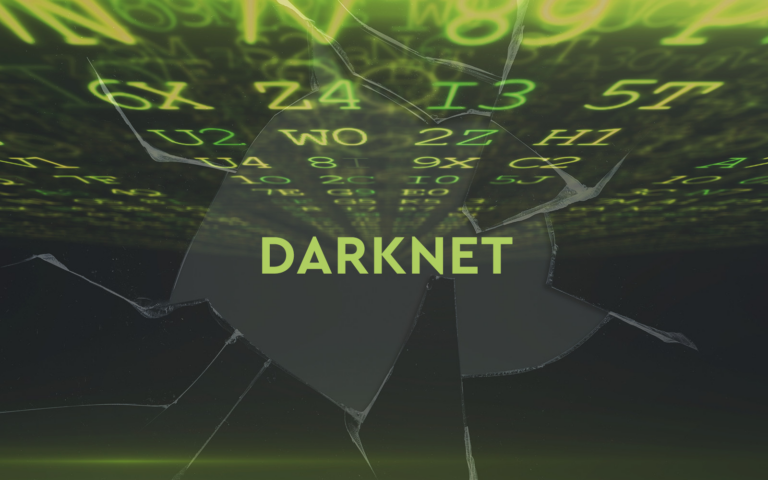
Introduction
The internet is far deeper than what most of us experience in our daily browsing. Beyond Google results and social media apps lies the darknet—a hidden layer of the web that’s both fascinating and mysterious. Among the many functions of the darknet, “darknet shops” have gained widespread notoriety, attracting everyone from tech enthusiasts to cybercriminals.
But what exactly are darknet shops? How do these marketplaces operate, and how do internet users even access them? Whether you’re simply curious or want to understand the risks and regulations associated with the darknet, this blog will explore everything you need to know about darknet shops and how they function.
What Is the Darknet?
Before exploring darknet shops, it’s helpful to understand the darknet itself.
The darknet essentially refers to a section of the internet that can’t be accessed using traditional web browsers like Chrome or Safari. Unlike the surface web—where you find websites indexed on search engines—content on the darknet is encrypted, anonymous, and hidden from public view.
To access the darknet, users need specialized software such as Tor (The Onion Router) or I2P (Invisible Internet Project), which ensures anonymity by routing traffic through multiple layers of encryption.
While the darknet often garners a shady reputation due to illegal marketplaces, it’s also a space for whistleblowers, activists, and those seeking freedom from surveillance.
What Are Darknet Shops?
Darknet shops are online marketplaces found within the darknet. Think of them as an Amazon or eBay for the darknet, where a variety of goods and services—both legal and illegal—are traded.
Darknet shops are frequently used for selling the following items:
- Drugs and substances: A major portion of darknet commerce is made up of illicit drug sales.
- Counterfeit goods: From fake passports to counterfeit money, darknet shops host vendors offering falsified documents.
- Hacking tools and services: Software for hacking, phishing kits, and even “hacker-for-hire” services can be found on certain darknet links.
- Digital products: These include stolen credit card numbers, login credentials, and data dumps.
- Weapons: Guns, knives, and ammunition are also available on some darknet shops.
However, it’s worth noting that not all content within darknet shops is illegal. Some people use the darknet to sell privacy-focused goods or materials censored on traditional platforms.
How Darknet Shops Work
Just like e-commerce websites on the surface web, darknet shops provide a structured platform for buyers and sellers to interact. Here’s how they operate:
1. Access via Darknet Links
To shop on the darknet, users must first find reliable darknet links that lead to specific marketplaces. These links are often shared on forums, chat rooms, or review sites, making it challenging for inexperienced users to identify secure and trustworthy sources.
2. User Registration
Most darknet shops require users to create an anonymous account. Buyers typically use pseudonyms and rely on encrypted messaging to safeguard their identities.
3. Product Listings
Vendors on darknet shops list their goods with descriptions, images, and pricing, much like mainstream online stores. Items are categorized for easier browsing, ranging from drugs to hacking services.
4. Cryptocurrency Payments
Darknet shops exclusively deal in cryptocurrencies like Bitcoin or Monero to maintain financial anonymity. These digital currencies exchange hands between buyers, sellers, and escrow systems to protect transactions.
5. Reviews & Ratings
Reputation is key in darknet markets. Buyers often rely on review systems to vet vendors and ensure quality or legitimacy. Vendors with higher ratings tend to attract more customers, much like on traditional shopping platforms.
Risks of Using Darknet Shops
While the darknet may promise anonymity, it’s not without risks—both legal and digital. Here are some dangers associated with using darknet shops:
1. Scams and Fraud
Not all vendors on darknet shops are trustworthy. There’s always the risk of losing your cryptocurrency to scammers who vanish after receiving payment.
2. Legal Implications
Accessing or transacting on darknet shops often ventures into illegal territory, depending on what goods or services are being traded. Many governments actively monitor darknet activities, meaning users could face legal consequences for participating in illicit transactions.
3. Malware and Cybersecurity Threats
Darknet links are notorious for spreading malware. Visiting an insecure or fraudulent link could compromise your device with viruses, ransomware, or spyware.
4. Lack of Buyer Protections
Unlike the surface web, there’s little customer protection on the darknet. Disputes between buyers and sellers often fail to resolve, leaving users vulnerable.

Why Are Darknet Shops Still Popular?
Despite the risks, darknet shops continue to thrive—mainly due to perceived benefits, including:
- Anonymity: For those trying to avoid surveillance, these marketplaces act as a safe haven to conduct business discreetly.
- Lower Costs: Goods on the darknet, especially counterfeit items and illicit products, are often priced lower than their surface web equivalents.
- Global Access: Regardless of geographical location, users can connect to darknet markets from anywhere in the world.
Ethical and Societal Concerns
The existence of darknet shops raises significant ethical and legal questions. While they allow certain freedoms, they also facilitate harmful activities like the drug trade, weapon sales, and hacking schemes. Governments, tech organizations, and cybersecurity experts continually debate the balance between fostering privacy and preventing criminal misuse.
Staying Safe Online
For casual internet users, curiosity about the darknet can quickly lead to unsafe browsing practices. Here are some basic safety tips if you want to explore the darknet responsibly:
- Avoid illegal activity: Stay within the bounds of the law at all times.
- Use a VPN: Protect your online identity by adding an extra layer of security.
- Verify links carefully: Only trust darknet links from reputable sources to minimize the risk of phishing or malware.
- Understand the risks: Before accessing the darknet, know what you’re navigating.
A Final Thought on Darknet Shops
While darknet shops serve as one of the more controversial aspects of the hidden internet, they provide a fascinating look into human innovation and the complexities of privacy in the digital age. However, with great anonymity comes even greater responsibility—both for individuals and society as a whole.
Curious but cautious is the best way to approach the topic. Internet users should always prioritize safety and legality when venturing beyond the surface of the web.


